
Saudi Arabia, Iran Tensions Escalate
The recent public execution in Saudi Arabia of Shiite cleric Sheikh Nimr al-Nimr has escalated tensions between the Sunni nation and Iran, predominantly Shiite. Al-Nimr was a prominent figure in the Arab Spring protests, and was seen as somewhat of a leader among the Shiite minority in Saudi Arabia.
Upon hearing the news, Iranians took to the street to protest a killing they deemed unjust. These angry protests quickly grew out of hand, and the mob eventually set fire to the Saudi Arabian embassy in Tehran. Saudi Arabia responded to this violent attack by officially cutting diplomatic ties to Iran, a move that Iranian president Hassan Rouhani said was made to “cover up” the atrocity of the country’s executions.
Since Saudia Arabia announced the end of its relationship with Iran, many countries have followed, including Sudan and Bahrain. Other countries such as the United Arab Emirates have downgraded their ties to Iran but not cut ties completely.
The two countries have a long history of tension which has increased drastically after the removal of Saddam Hussein in Iraq and the Arab Spring protests, followed by the unrest in Syria and Yemen. Both countries aim to the be most powerful Middle Eastern country, a conflict made even deeper by the fact Iran is Shiite and Saudi Arabia is Sunni.
Countries around the world have taken notice and stepped in to try to prevent escalating violence. Both Germany and Russia have called on both sides to reach a peace agreement, with Russia stating the country is willing to act as a mediator.
Despite the U.S. refusing to openly condemn the executions in Saudi Arabia, many foreign policy experts believe this could be a turning point in how the world views Saudi Arabia.
“The Saudis, UAE, the Gulf States feel like they are on their own and for the first time since the 1970s they don’t have the Americans to back them up,” Joe Scarborough said MSNBC’s “Morning Joe”.
Only time will tell how these actions will play out in the long-term, but for now it looks like there is one more conflict in the Middle East.





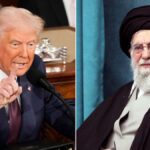
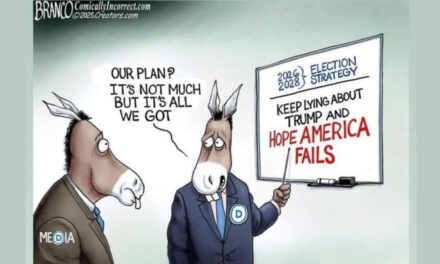





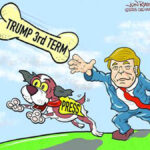
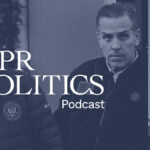


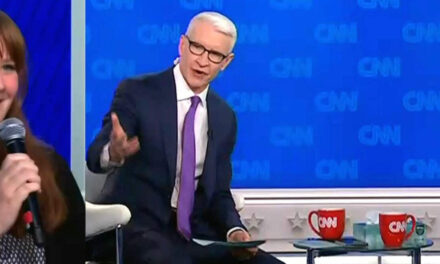








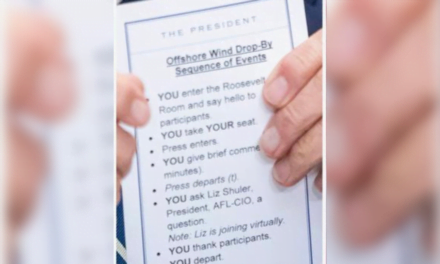
Larry, As per usual you are living in a bit of dream world, and yes Schumer is right to target…
Tempest in a tea pot, Mountain out of a mole hill. Why do the right wing trouble makers pick minor…
When a tree falls in the forest and nobody hears it, does it make a noise? Maybe that's what this…
Seth. Intelligent debate tactics from your comments. Strictly sticking to the pertinent facts argument points raised by Larry is a…
At last Larry has been heard from with "Leave a Reply". We know Larry is the author of the Reply…